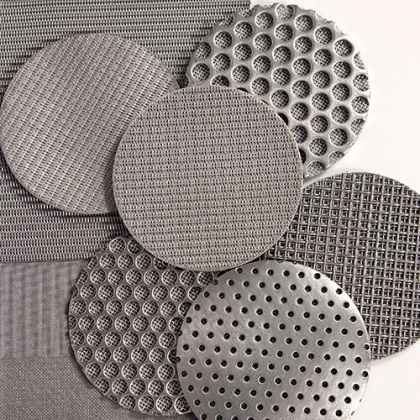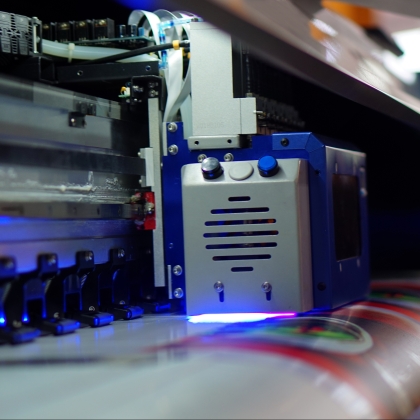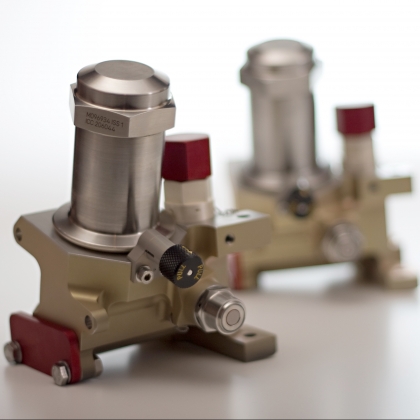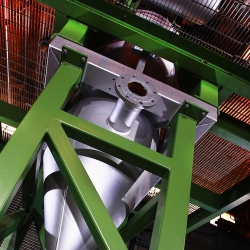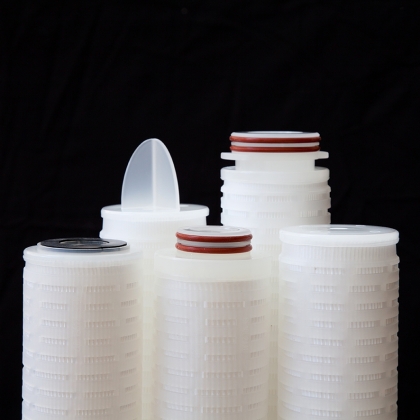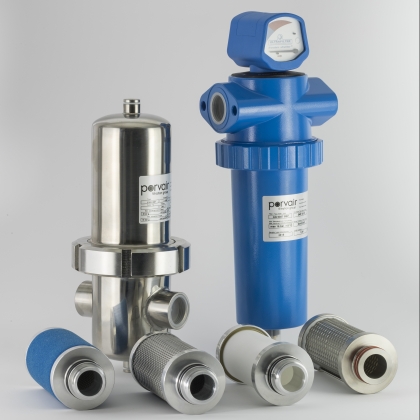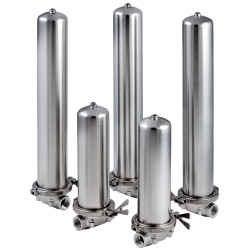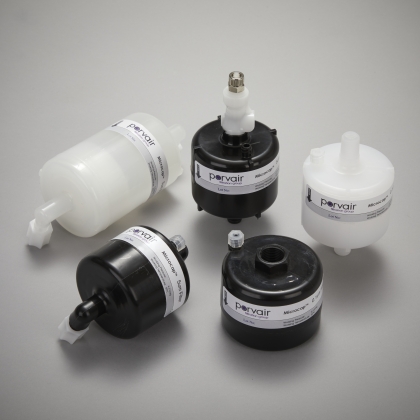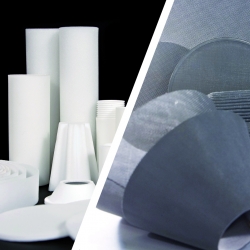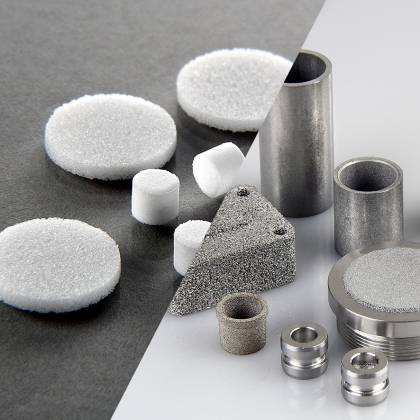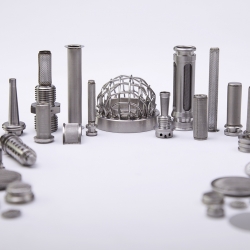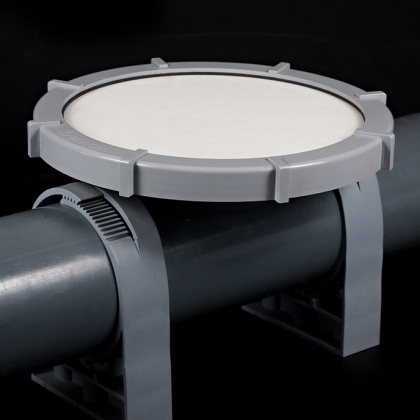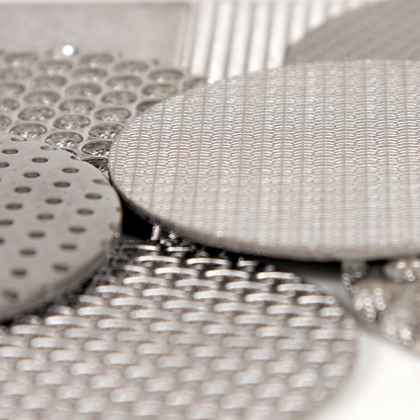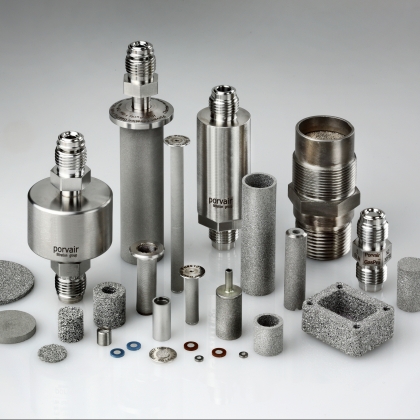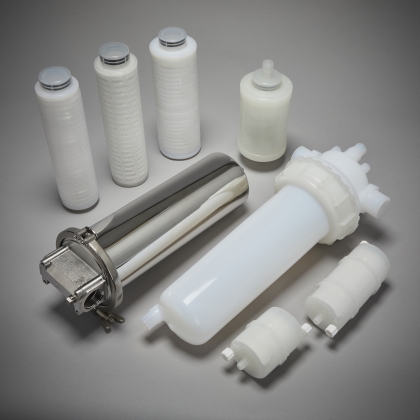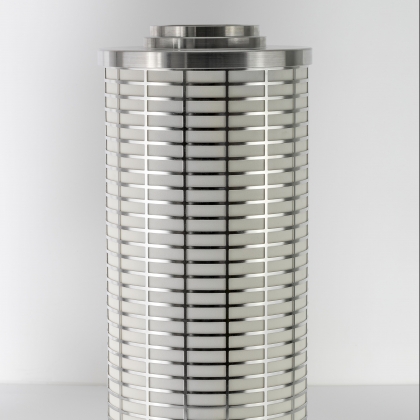General Numbers
UK Head Office: +44 (0)1489 864330
The Americas: +1 804 550 1600
India: +91 22 2081 1148 / +91 75067 62682
MENU ![]()
Select 'View by Industry' or 'View by Product'
UK Head Office: +44 (0)1489 864330
The Americas: +1 804 550 1600
India: +91 22 2081 1148 / +91 75067 62682
© Porvair Filtration Group 2026. All rights reserved. Porvair Filtration Group is a subsidiary of Porvair plc.
This site uses cookies.
Some of the cookies we use are essential, while others help us to improve your experience by collecting information about how our website is being used. To find out more about the cookies we use, please see our Cookie Notice.
Cookie preferences
This website uses cookies so that we can provide you with the best user experience possible. Our Cookie Notice is part of our Privacy Policy and explains in detail how and why we use cookies. To take full advantage of our website, we recommend that you click on "Accept All". You can change these settings at any time via the button "Update Cookie Preferences" in our Cookie Notice.
Necessary cookies (required)
Necessary cookies enable core functionality. The website cannot function properly without these cookies, and can only be disabled by changing your browser preferences.
Analytical cookies
Analytical cookies help us to improve our website by collecting and reporting information on its usage.







